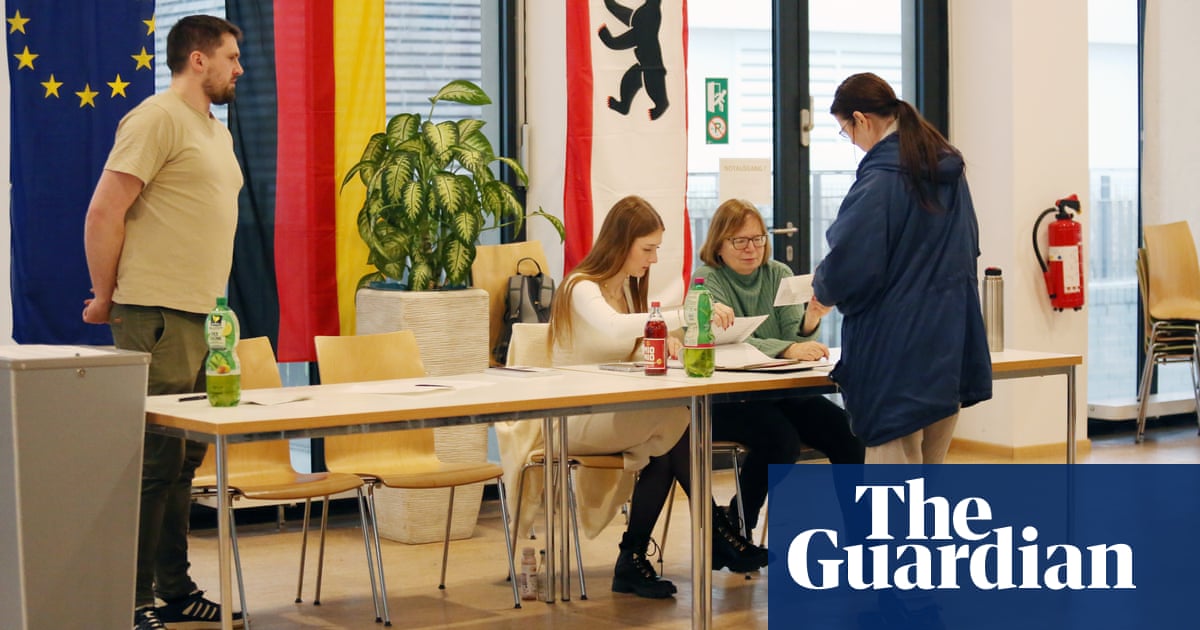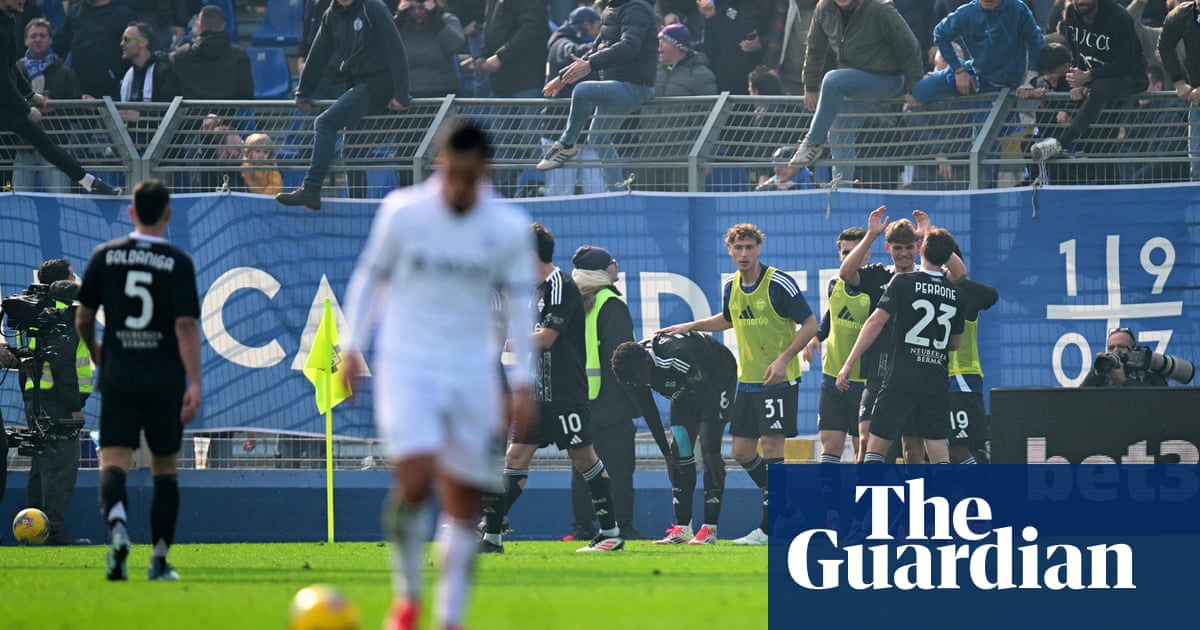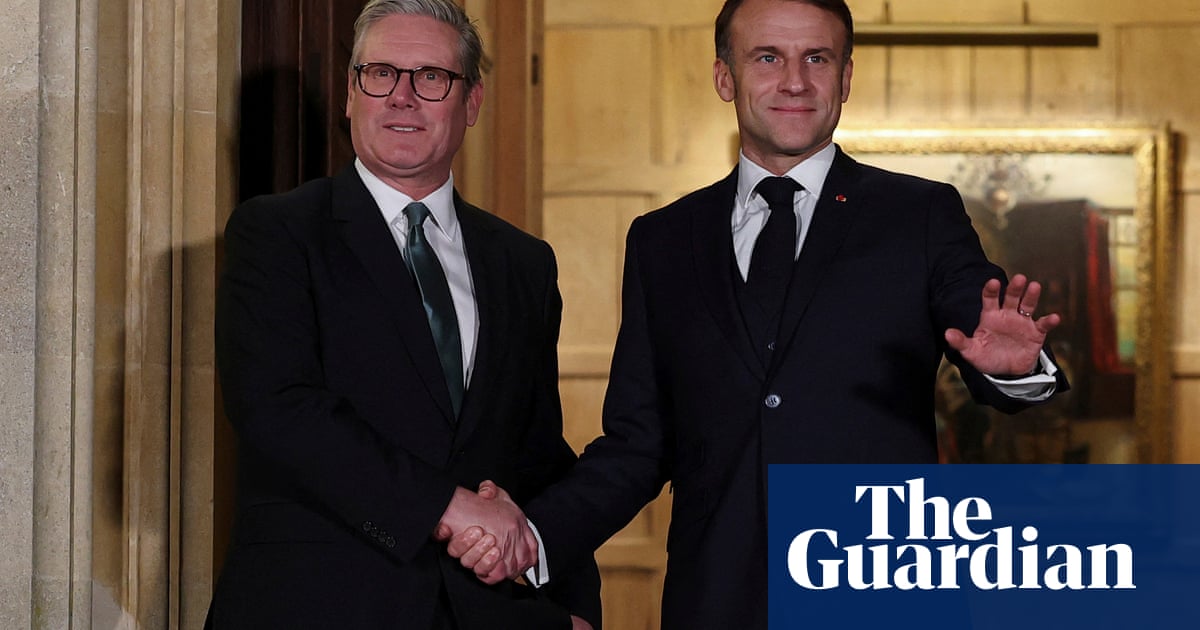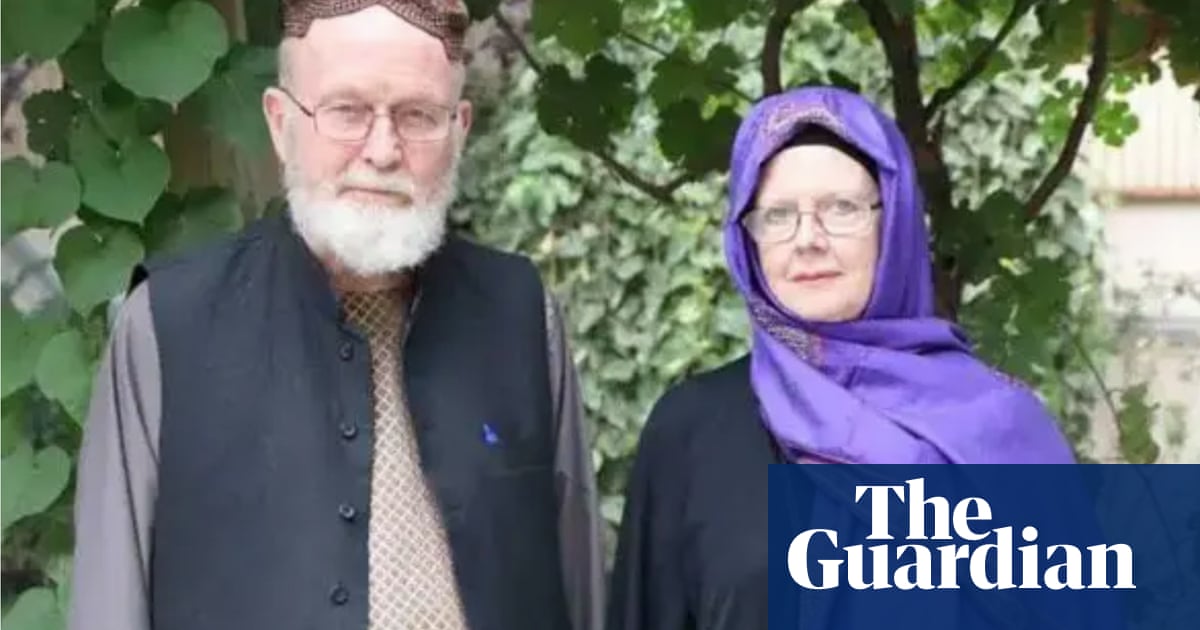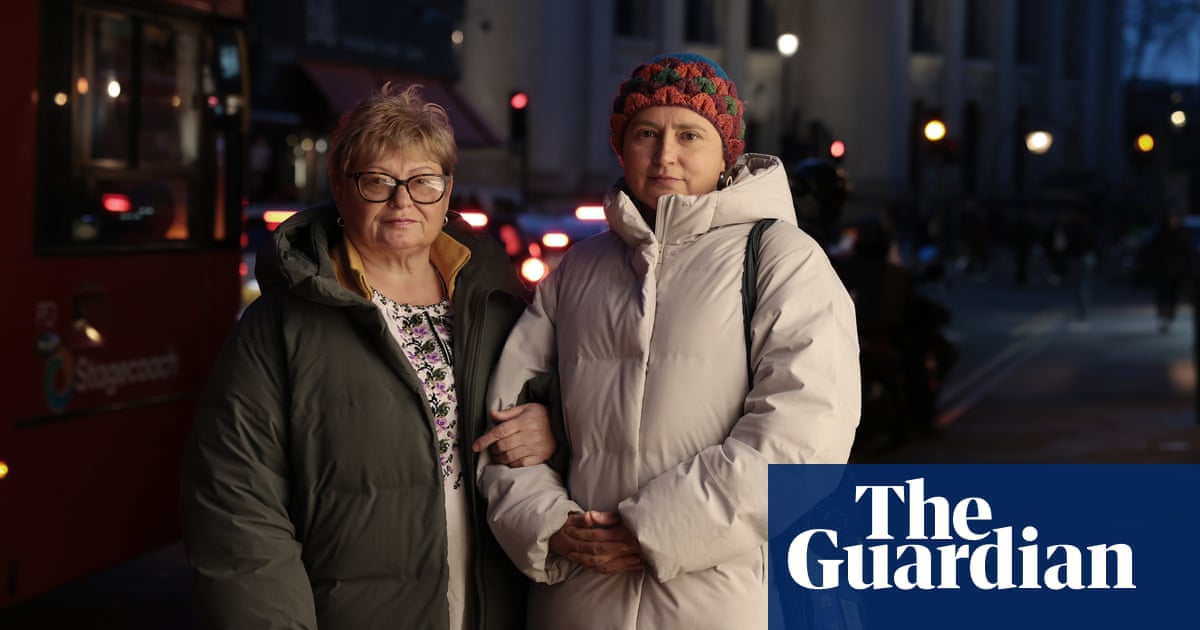The Swedish prime minister, Ulf Kristersson, has said the Baltic sea is now a “high risk” zone as he met Nordic and Baltic leaders days after a suspected sabotage attack on undersea cables.
The Swedish prime minister declined to speculate on who may have been responsible for the severing of two fibre optic telecoms cables in the Baltic last week. A Chinese ship – the Yi Peng 3 – that sailed over the cables about the time they were severed has remained anchored in the Kattegat strait between Sweden and Denmark since 19 November.
China’s foreign ministry has denied any responsibility in the matter.
Speaking from the summit, in Harpsund, the Swedish prime minister’s country retreat, Kristersson told the Guardian: “We are aware that there is a high risk for different types of activities on the Baltic sea that are dangerous.”
He added: “Now we are careful about not accusing anybody right now of anything. We don’t know that this is sabotage. But we are investigating the matter very carefully.”
Earlier this month, before the suspected attack on the two undersea cables between Sweden and Lithuania and Finland and Germany, Kristersson’s government vetoed plans for 13 offshore windfarms in the Baltic, citing unacceptable security risks.
The prime minister said the move was not connected to any prior knowledge of a potential imminent undersea cable attack.
The Swedish prosecutor on Wednesday said it had finished its crime scene investigations of the two damaged cables outside Gotland and Öland and that analysis of the material was continuing. A state prosecutor, Henrik Söderman, said:
“The preliminary investigation continues, and a closer collaboration will be initiated within the framework of the joint investigation group within the next period of time.”
The Danish navy and German and Swedish coastguards on Wednesday remained close to the Chinese ship, Yi Peng 3.
As a new Nato member, Kristersson said that Sweden was “safer and more secure” within the alliance than it was before – despite the longtime Nato scepticism of the US president-elect, Donald Trump.
He added: “We have known for a long time that the US administration, both Republican and Democrat, have waited for the European Nato countries to take greater responsibility for their own security. That is what we are working on right now.”
after newsletter promotion
The prime ministers of Sweden, Denmark, Norway, Finland and Estonia were also joined at the summit by the Polish prime minister, Donald Tusk, who was hoping to gain support for his “navy policing” initiative, which would see joint military patrols by countries around the Baltic to counter the threat of Russia.
The countries agreed to increase their support of Ukraine in terms of ammunition and defence.
In a resolution, they wrote: “Russia’s illegal war of aggression against Ukraine and increased use of hybrid measures have harmed peace and stability in the Euro-Atlantic area and seriously undermined global security.”
In a joint press conference, Kristersson said: “The decisions we make in the coming months will echo for many years.”

 2 months ago
56
2 months ago
56
